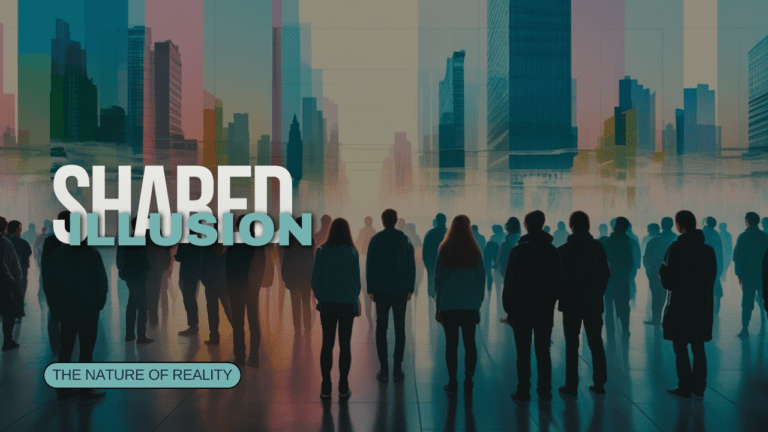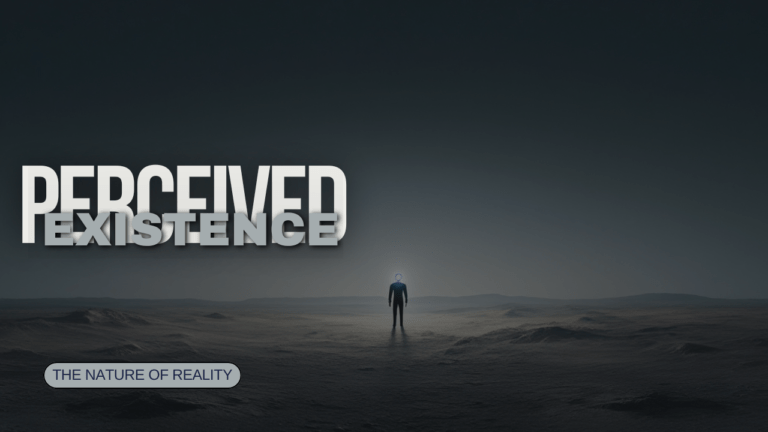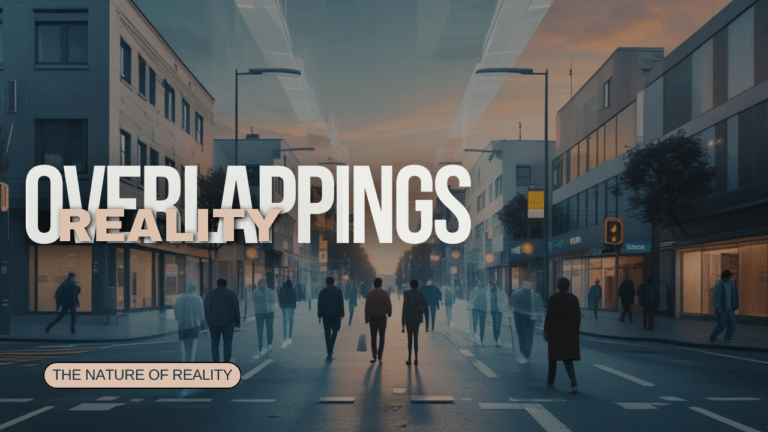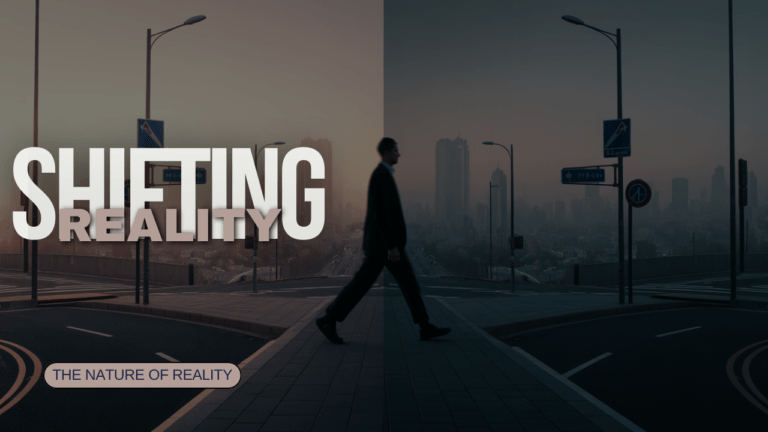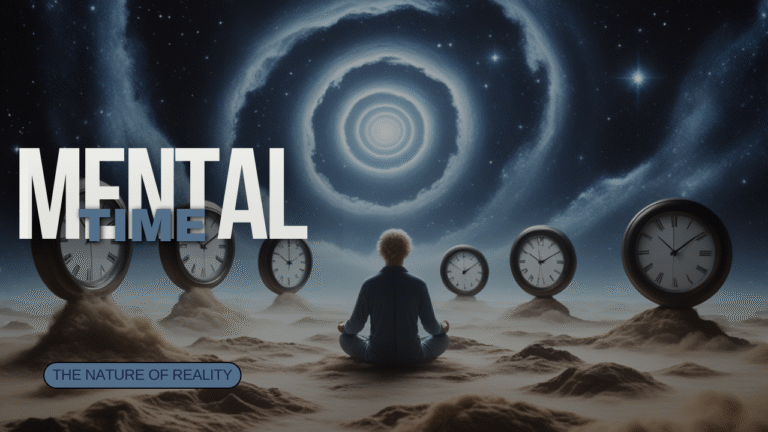What If Gravity Is Just an Emergent Illusion 2025
What If Gravity Is Just an Emergent Illusion 2025
Gravity—it’s something we all experience every second of our lives. It keeps us grounded, governs the orbits of planets, and shapes the very structure of the universe. But what if this seemingly fundamental force isn’t fundamental at all? What if gravity is not a “real” force, but rather an emergent illusion arising from something deeper—like entropy, information, or quantum entanglement?
This idea, while radical, is gaining attention in theoretical physics circles. It challenges the conventional view of gravity first laid out by Isaac Newton and later reshaped by Albert Einstein. In this blog, we’ll explore the speculative hypothesis that gravity may be emergent, examine the scientific reasoning behind it, and consider the astonishing implications this theory could have on our understanding of reality.
The Classical View: Gravity as a Fundamental Force
Before diving into the speculative realm, it helps to first understand what gravity has traditionally meant in science:
- Isaac Newton described gravity as a force that acts at a distance between two masses.
- Albert Einstein revolutionized this with General Relativity, stating that gravity is the curvature of spacetime caused by mass and energy.
Both of these models treat gravity as a fundamental interaction—something built into the fabric of the universe. But as physicists probe deeper into the nature of space, time, and quantum mechanics, questions have emerged that challenge this long-held belief.
The Radical Shift: Gravity as Emergent
An emergent phenomenon is something that arises from the interactions of more basic components but doesn’t exist as a fundamental feature on its own. For example, temperature is an emergent property—it arises from the motion of atoms but isn’t a property of individual atoms.
The idea that gravity might be emergent suggests it arises from microscopic processes that we don’t yet fully understand. Here’s what that could mean:
1. Gravity might be the result of entropy, the measure of disorder in a system. 2. It may emerge from the information content of space, in line with holographic principles. 3. It could even be tied to quantum entanglement, a strange phenomenon where particles are deeply connected across space.
This isn’t science fiction—it’s science speculation based on serious mathematical models.
One Leading Proposal: Erik Verlinde’s Entropic Gravity
Dutch theoretical physicist Erik Verlinde proposed in 2011 a theory called “entropic gravity.” His hypothesis states that gravity is not a fundamental force, but an emergent one resulting from thermodynamic principles.
In this framework:
- Gravity comes from the tendency of systems to maximize entropy.
- When matter moves, it changes the distribution of information in space.
- This shift creates what appears to us as a “gravitational force.”
Verlinde’s idea is backed by mathematical models and even explains some aspects of galaxy rotation without needing dark matter—a major bonus if proven correct.
However, it remains controversial and is far from accepted by the wider physics community.
Read more about entropic gravity here: https://en.wikipedia.org/wiki/Entropic_gravity




Quantum Entanglement and the Fabric of Spacetime
Another perspective on emergent gravity arises from quantum information theory. Some physicists believe that spacetime itself—and hence gravity—emerges from the entanglement of quantum particles.
This is tied to the “holographic principle,” which suggests that all the information inside a volume of space can be described by information encoded on its boundary. In simple terms, what we see in three dimensions might actually be a projection of two-dimensional information—just like a hologram.
If gravity is an emergent result of how this quantum information behaves, then it means:
- Gravity isn’t pulling us down. It’s the result of space adjusting itself to maintain the informational equilibrium.
- Black holes might not be gravity wells in the traditional sense but extreme distortions in this information landscape.
This theoretical approach is still under development, but it’s changing how we view gravity and the cosmos.
Further reading: https://en.wikipedia.org/wiki/Holographic_principle
Implications: If Gravity Is Emergent, What Changes?
If gravity isn’t fundamental, it raises profound questions:
1. What replaces gravity in the list of fundamental forces?
- The Standard Model includes electromagnetism, strong nuclear, and weak nuclear forces.
- Gravity might be downgraded to a “macro-scale effect,” not a true interaction.
2. Can we manipulate or even “turn off” gravity?
- If it’s emergent, could we develop technology to alter the conditions that produce it?
- Sci-fi ideas like anti-gravity might edge closer to reality.
3. What about dark matter and dark energy?
- Emergent gravity models have attempted to explain galaxy behavior without invoking dark matter.
- If successful, this would be a massive paradigm shift in cosmology.
4. What does this mean for our understanding of time and space?
- If spacetime arises from information, perhaps time and distance are also illusions—or at least not fundamental.
Why It Matters
The search for a unified theory of physics has long been the holy grail for scientists. Einstein sought to merge gravity with electromagnetism. Today’s physicists are trying to merge gravity with quantum mechanics in a “Theory of Everything.”
The emergent gravity hypothesis offers a radical pathway toward this goal. If gravity isn’t a force like the others but a result of deeper, hidden processes, then perhaps those underlying systems are where the true laws of nature reside.
This would mean everything we’ve believed about how the universe functions would need reevaluation—from the movement of galaxies to the sensation of weight we feel on Earth.
Conclusion: A Beautiful Illusion?
The idea that gravity might be an illusion—something that seems real but is born from deeper, unseen processes—is both unsettling and inspiring. It challenges our intuition and the way we experience the world.
However, science progresses by challenging assumptions. Whether or not emergent gravity turns out to be the final answer, exploring these ideas pushes the boundaries of human understanding.
By peering behind the veil of what we assume to be true, we might just uncover the most fundamental truths of the universe.
—
You might also enjoy reading our other blogs:
- What If Time Was a Physical Substance 2025
https://edgythoughts.com/what-if-time-was-a-physical-substance-2025 - What If We Could Merge Minds via Quantum Networks 2025
https://edgythoughts.com/what-if-we-could-merge-minds-via-quantum-networks-2025
